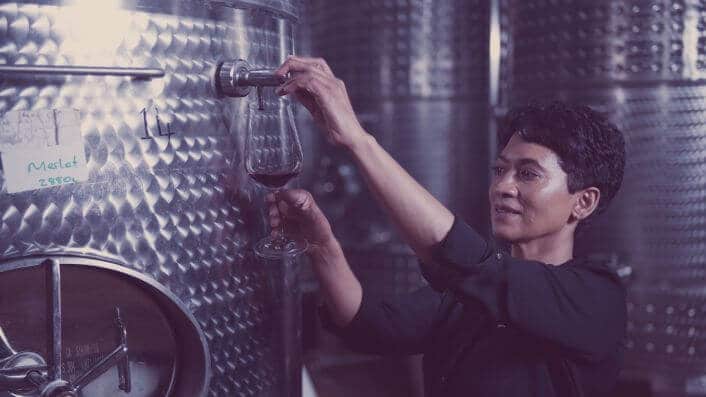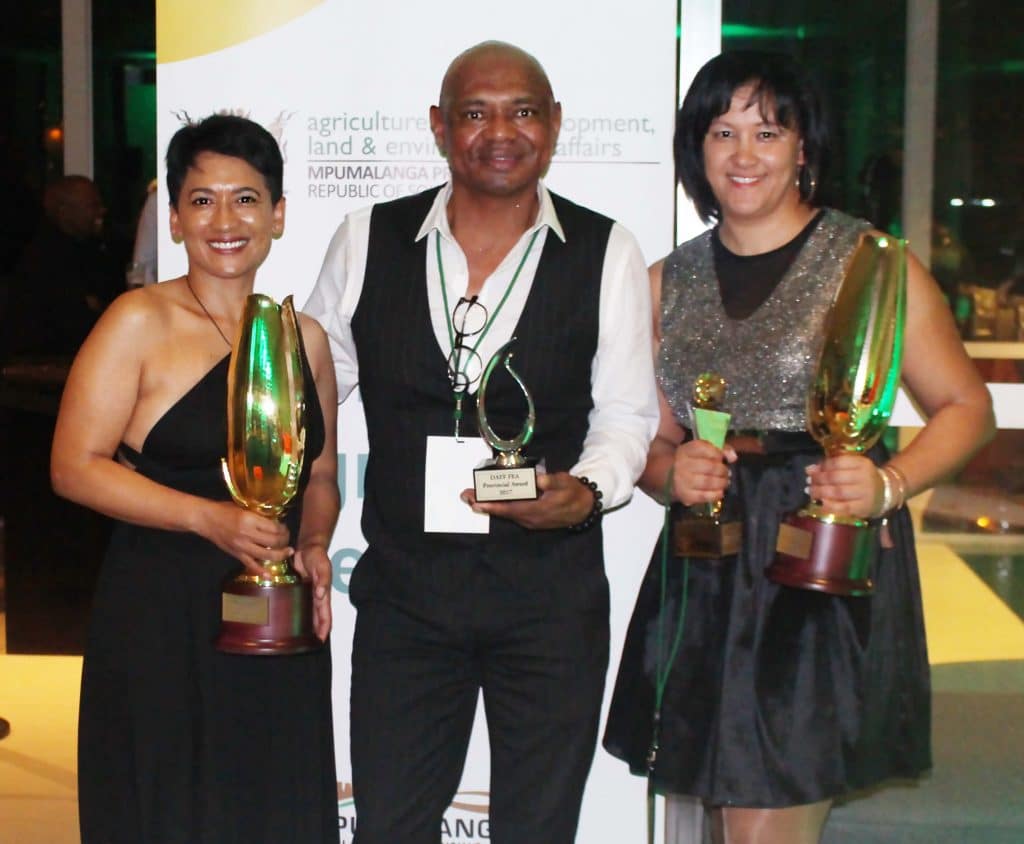Alex Rose-Innes
There are very few all-male industries where women are not making their mark. This is especially true in the journey of Carmen Stevens, founder of Carmen Stevens Wines Pty Ltd in South Africa (SA).
Carmen paved the way for other female entrepreneurs when she became the first black person accepted to study winemaking in the country and qualified in 1995 as SA’s first black winemaker, recognised with the prestigious Top 10 Pinotage award only three years later for her first red wine. From thereon, she had added international trophies to her collection. She won the International Decanter Trophy winner in 2015, followed by the California Winemaker of the Year in 2018 and Winemaker of the Decade UK.

The awards she won while working for other wineries gave her the confidence to embark on her own brand, an ultra-premium wine for lovers of the grape. This ground-breaking vintner registered her own first all-black, female-run winery in Stellenbosch in the Western Cape, the heart of SA’s wine industry, in 2011. While honing her skills at other wine makers, she was awarded the SA Entrepreneur of the Year Award twice, in 2017 and again in 2019.
By starting a non-profit organisation six years ago, the Foundation had to date provided more than 11 million plates of food to more than 41 000 learners as her profits were ploughed back into the community.

Her small, winning team had become well-known nationally and internationally as carrying the fingerprints of those involved from hand-picking of the grapes to bottling, labelling and packaging it, all done by hand.
Joining in the footsteps of an entrepreneurial father, Carmen’s individual journey took shape when in 2011 she registered her own brand. Starting off with 5 tons of fruit during her first year, her products are now sold by online retailers and 120 tons of fruit are crafted into award-winning wines per year.
Not prepared to rest on her laurels, she already has her eye on the future to realise her dream of having her own vineyard and investing in a farm which she terms would be called “our house.”
This SA entrepreneur thrives on innovation, from processing to marketing and seeing how her own wines make a difference in the lives of many school children. She considers failures as stepping stones and opportunities to start over using her newfound experiences.










